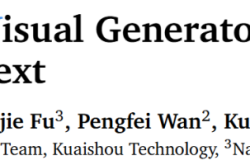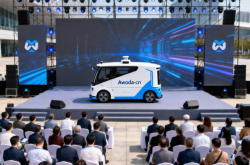"Burning through $10 billion in 20 months, OpenAI seeks new funding for survival"
![]() 09/02 2024
09/02 2024
![]() 623
623
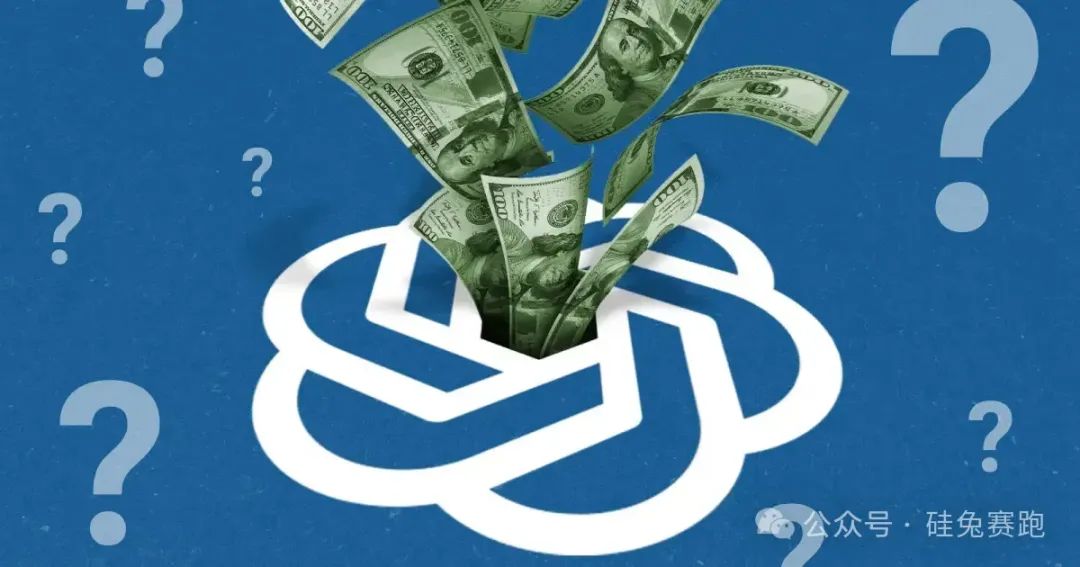
Author | Xuushan, Editor | Manman Zhou
“
Apple, Microsoft, NVIDIA Join Forces to Pursue AGI Dream
"OpenAI is once again seeking funding, aiming to become a giant in the AI startup scene!"
On August 30th, after confirmation by CNBC and The Wall Street Journal, it was revealed that OpenAI is planning a new multi-billion dollar funding round, led by Thrive Capital with a commitment of $1 billion.
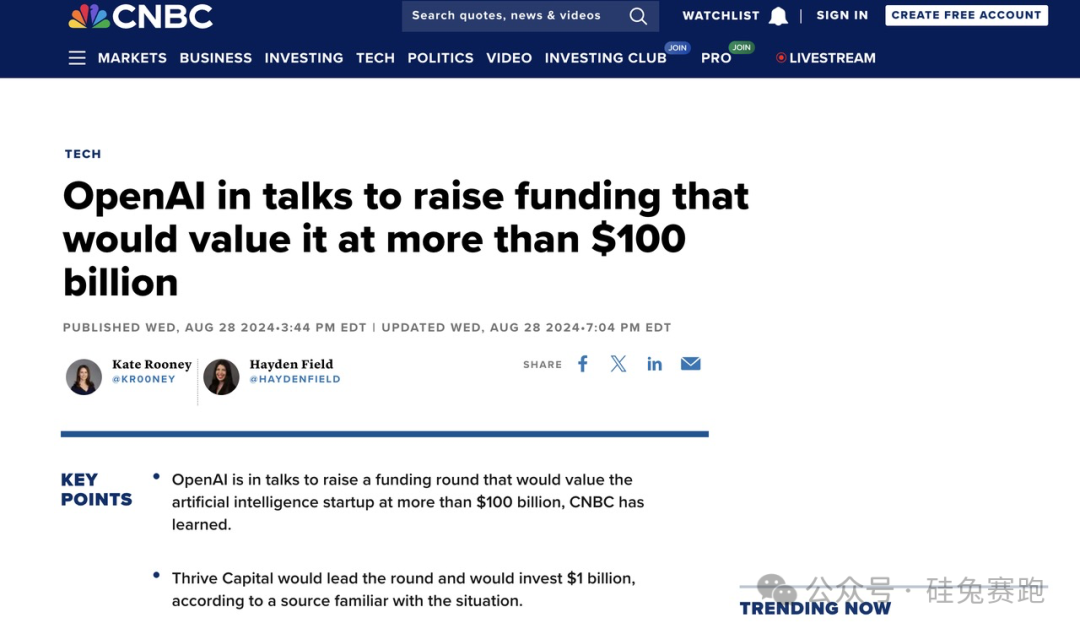
The new round of betting has begun, with OpenAI taking the role of the house, inviting all players to join the game. Microsoft, OpenAI's long-time partner turned new competitor; NVIDIA, OpenAI's GPU supplier; and Apple, the consumer electronics giant, are all seated at the table, placing their bets on OpenAI's future. Thrive Capital, the lead investor in this round, has valued OpenAI at $100 billion, crowning it the king of generative AI.
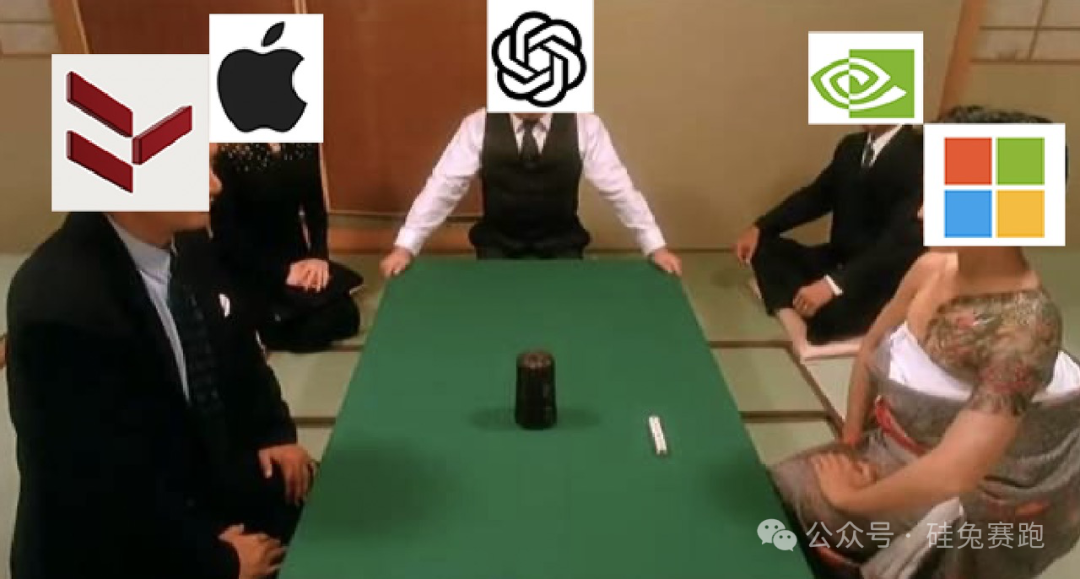
Despite the ongoing capital pursuit, a closer look at OpenAI's actions since 2024 reveals a slowdown in new product launches. The video generation model Sora has yet to be fully opened for beta testing, SearchGPT remains in prototype stage, and GPT-5 seems far off into the horizon... OpenAI's development appears to have hit the pause button.
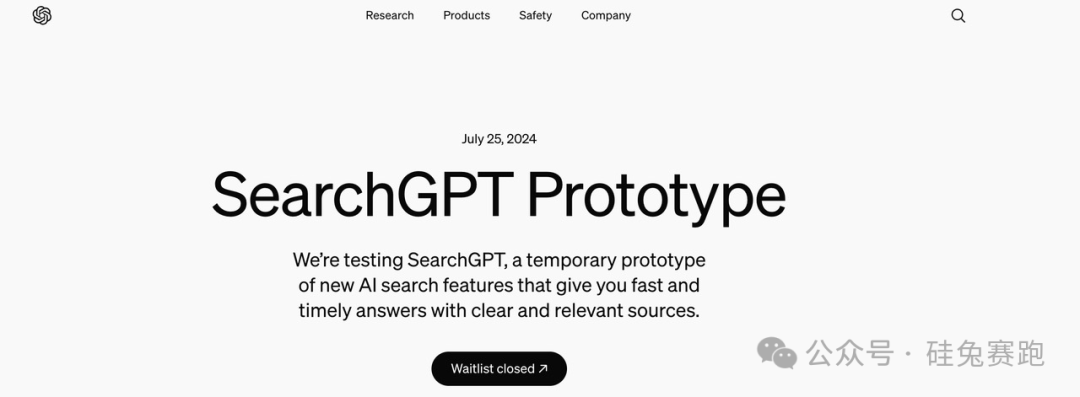
"GPT-5 will bring immense improvements. Any company or individual who underestimates this will be left behind," said Sam Altman in an interview, addressing rumors about GPT-5. "The GPT model has no limitations. With sufficient computational resources, building an AGI surpassing human intelligence is not a difficult task."
To accelerate product development, OpenAI needs more funding. To attract investors, OpenAI has been teasing some highly attractive prospects. Since the beginning of the year, rumors have swirled around the reasoning model 'Strawberry,' the large model 'Orion,' and the algorithm 'Q*,' with Sam Altman himself sharing an image featuring 'Strawberry.'

What will be OpenAI's next game-changer? Who will become OpenAI's new financial backer? Can OpenAI reestablish its dominance and recreate the 'GPT-3 moment'?
01
$10 billion burned in 20 months: Will OpenAI go public for funding?
Time flies, and OpenAI's funds are dwindling.
OpenAI's last external funding came from Microsoft in January 2023, a whopping $10 billion investment. However, OpenAI managed to burn through this sum in just 20 months.
It's not surprising given the colossal costs of training large models. According to The Information, OpenAI's expenditures can be broadly categorized into three areas: R&D costs for large models, training costs, and human resources. This year alone, OpenAI is expected to spend nearly $4 billion on renting Microsoft servers to support ChatGPT and its underlying LLM model. Moreover, with the increasing parameters of new models, training costs (including data fees) could soar to $3 billion. Add to that the significant human resource costs, with a team of around 1,500 employees, estimated to cost around $1.5 billion annually.
In total, OpenAI's annual expenses amount to approximately $8.5 billion. On the revenue side, OpenAI primarily generates income from ChatGPT Plus subscriptions, estimated at around $3.5 billion annually by Sam Altman. This translates to a net annual loss of $4.5 to $5 billion for OpenAI.
Therefore, the $10 billion investment could sustain OpenAI for 1-2 years, making it timely for a new funding round.
However, unlike previous rounds, Microsoft will not be the sole backer this time. Instead, Thrive Capital takes the lead. Despite being just 14 years old, Thrive Capital has played a pivotal role in propelling OpenAI's valuation to $100 billion.

Thrive Capital
At the end of 2023, Thrive Capital boosted OpenAI's valuation to $80 billion by acquiring shares from employees, tripling its value from the $27 billion valuation in March 2023.
Now, Thrive Capital has led the charge to push OpenAI's valuation from $80 billion to $100 billion, making it the third most valuable tech startup after ByteDance ($225 billion) and SpaceX ($150 billion), led by Elon Musk.
This sky-high valuation has deterred many investors, but Thrive Capital remains committed, gambling on OpenAI's future. Even with another $10 billion infusion, OpenAI's large model development will continue to be a money pit. Cloud server costs, training expenses, and human resources are unlikely to decrease, and profits are not expected to surge overnight.
This is unlikely to be OpenAI's last funding round. While investors may continue to pour money into OpenAI, their patience will not last forever.
The Information speculates that an IPO may be OpenAI's only viable option. On one hand, an IPO would provide OpenAI with a continuous stream of funding and enhance its brand recognition. On the other hand, by hiring Sarah Friar as CFO, who previously helped Square and Nextdoor go public, OpenAI may be preparing for an IPO.
In fact, it was Sarah Friar who disclosed OpenAI's funding plans in a memo to employees.
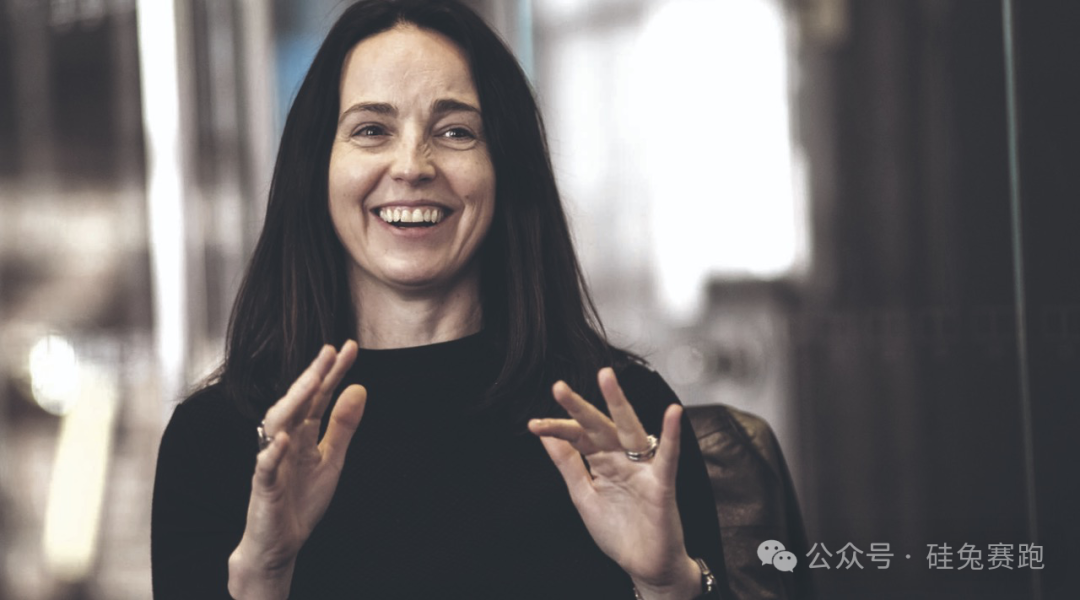
Sarah Friar
OpenAI could potentially go public as early as 2026. However, several challenges lie ahead, including its unusual agreement with Microsoft, its nonprofit status, and whether its profits can meet IPO requirements. These factors suggest a long and uncertain road to an IPO for OpenAI.
02
Who will be OpenAI's next 'game-changer'?
To attract more investors amidst high valuations, OpenAI needs to showcase its most promising prospects.
According to research firm Future Search, OpenAI's primary revenue currently comes from ChatGPT Plus subscriptions, amounting to approximately $1.9 billion, accounting for 55% of total revenue. Enterprise services bring in an additional $714 million. Clearly, ChatGPT alone generates billions of dollars for OpenAI.
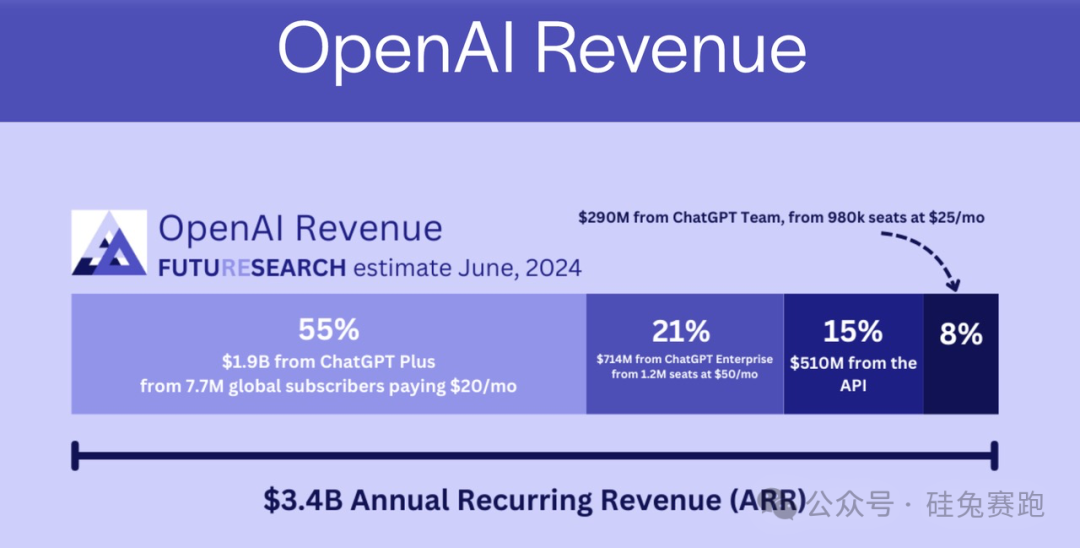
Future Search Report
Moreover, OpenAI's revenue is growing rapidly. Currently, ChatGPT has over 200 million weekly active users, double that of a year ago. Altman recently informed employees that ChatGPT's annual recurring revenue in 2024 has reached $3.4 billion, a significant jump from $28 million in 2022.
Furthermore, OpenAI boasts that 92% of Fortune 500 companies use its products, and since the launch of the GPT-4o mini model in July, automation API usage has doubled.
Recently, OpenAI announced the daily provision of 1 million free fine-tuning tokens and reduced reasoning costs for token inputs and outputs, valid from August 21st to September 23rd. This move may be part of OpenAI's strategy to impress investors with better data.
Apart from ChatGPT, OpenAI has other aces up its sleeve yet to be played fully, such as the text-to-video model Sora and search engine SearchGPT, both of which remain inaccessible to the public. If these services prove as lucrative as ChatGPT, OpenAI's turnaround could be imminent. Notably, SearchGPT may open up a new market growth space for OpenAI in search services.

However, what truly captivates investors are the untapped projects lurking in the shadows and their potential market impact.
Rumors abound about 'Strawberry,' the large model 'Orion,' and the algorithm 'Q*.' Which one will emerge as OpenAI's next game-changer?
First, let's consider the crucial large model codenamed 'Orion.' Unlike previous models, 'Orion' leverages synthetic data generated by the mysterious training model 'Strawberry,' effectively mitigating the hallucination issue that has plagued large models and enhancing their reasoning and generation capabilities.
Some speculate that 'Orion' could be GPT-5 or an upgraded version of GPT-4. As for whether 'Orion' represents AGI, the answer is probably no. Altman has previously mentioned that no one at OpenAI has yet witnessed AGI.
However, Altman noted that "GPT-5 will be significantly stronger than GPT-4, offering an improvement akin to that between GPT-4 and GPT-3, but its release will be delayed." Rumors suggest OpenAI may unveil a new model this fall. To solidify its position as the leader in generative AI, a groundbreaking new large model would undoubtedly impress investors.
Next, the training model 'Strawberry' stands out for its ability to significantly enhance AI's complex problem-solving and reasoning capabilities.
Unlike other large models that struggled with basic reasoning tasks like comparing 9.11 and 9.9, 'Strawberry' is expected to tackle unprecedented mathematical problems, execute advanced tasks like market strategy formulation, solve intricate word puzzles, and conduct in-depth research.
Indications suggest that 'Strawberry' may have scored over 90% on math benchmarks, demonstrating its formidable potential in mathematical reasoning.
To ensure 'Strawberry's' safe and responsible use, OpenAI has presented the project to U.S. national security officials, committing to its development and application within secure and ethical boundaries.
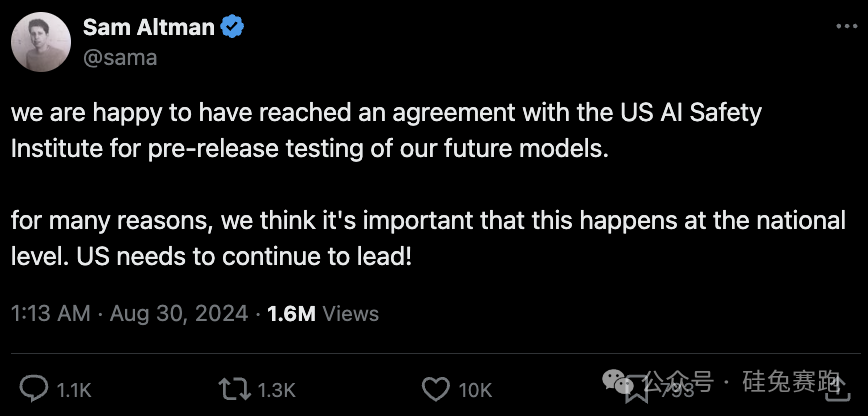

Moreover, 'Strawberry's' synthetic data not only reduces hallucinations in large models and enhances reasoning efficiency but also lowers training costs, helping OpenAI cut expenses. If made public, this training model could generate new revenue streams for OpenAI.
Finally, there is the most mysterious algorithm Q*. Some say that Q* is precisely the core algorithm within the training mode "Strawberry", while others suggest that Q* could be GPT-6 or an even more miraculous project."], "1": ["Industry insiders speculate that the Q* algorithm may be a general term for the Q-learning and A* search algorithms, aimed at enhancing AI's reasoning and self-learning capabilities. It is rumored that OpenAI's Chief Scientist Ilya Sutskever initiated the upheaval within OpenAI's upper management due to his recognition of the potential of the Q* algorithm."], "2": ["Currently, what OpenAI has showcased is merely the tip of the iceberg within its vast research and development system. For OpenAI to prove its absolute advantage, it must exhibit something new in its next-generation large models. Concurrently, OpenAI must also demonstrate to the market its strong profitability."], "3": "03", "4": ["Competitive Landscape of Generative AI: OpenAI Struggles to Replicate GPT-3's Success"], "5": "Times have changed. Today, for OpenAI to replicate the groundbreaking moment of GPT-3's launch two years ago, which stunned the world and ushered in a new era, it faces even greater challenges.", "6": ["Firstly, the generative AI market is fiercely competitive. The title of the strongest or largest model today could easily be claimed by another tomorrow. "You never know who will be leading tomorrow," remarked an investor who has observed the AI industry for many years."], "7": ["Secondly, OpenAI experiences an alarmingly high rate of talent loss. Among the original 11-member founding team, including former Chief Scientist Ilya Sutskever, only two members remain, with one of them, Greg Brockman, currently on extended leave. Moreover, half of the OpenAI AGI Security Team, established at the end of 2023, has departed, including the former head who was reassigned.




